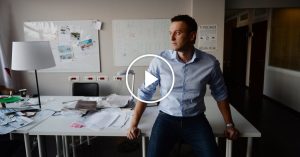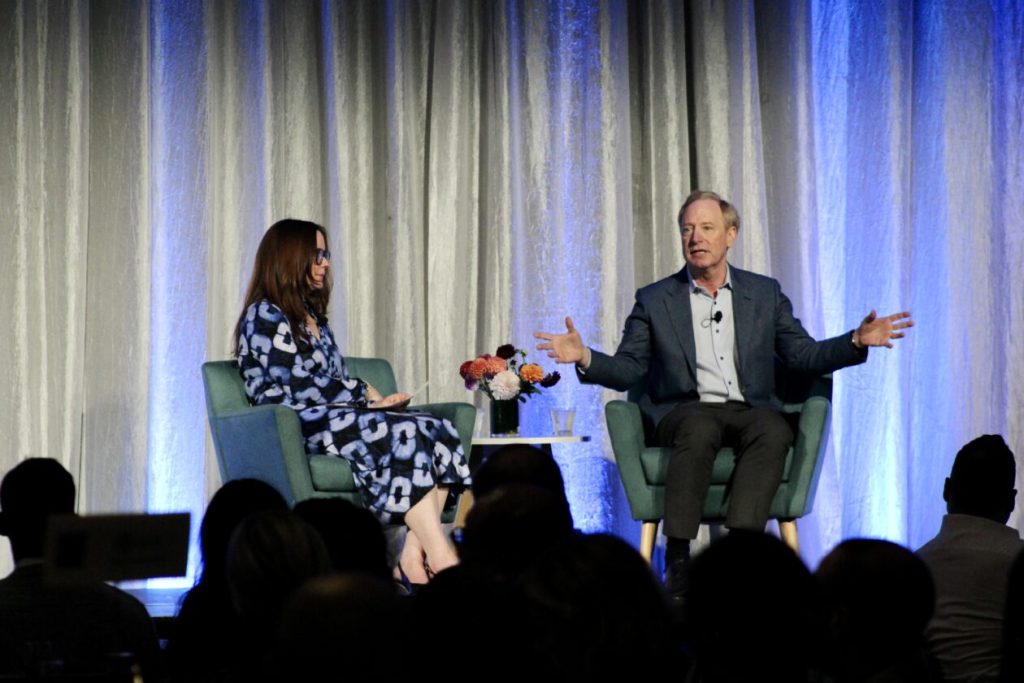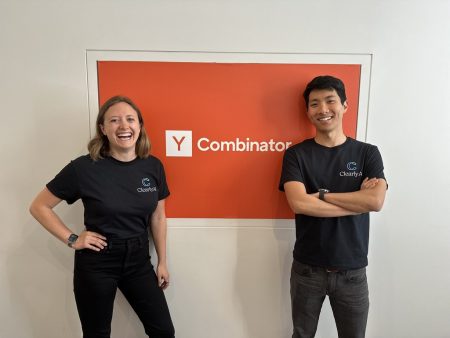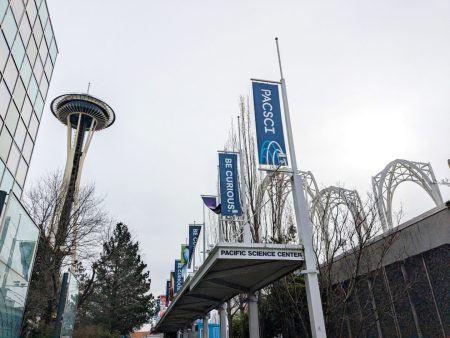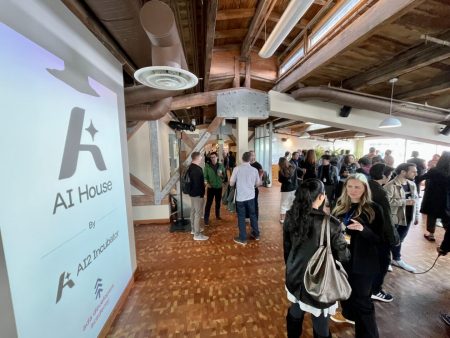Microsoft President Cautions Washington on Economic Direction
In a candid address at the Seattle Metropolitan Chamber’s annual meeting, Microsoft President Brad Smith delivered a passionate warning about Washington state’s current policy trajectory, continuing his public critique of what he perceives as an increasingly business-unfriendly environment. Speaking to regional business leaders, Smith expressed genuine concern that policymakers in Olympia and western Washington have lost sight of a fundamental truth: healthy communities require healthy businesses. His message wasn’t merely corporate positioning but reflected a deeper worry about the region’s economic foundation that has supported both business growth and community prosperity for decades. The Microsoft executive, who has become something of an elder statesman in the tech industry, emphasized that the region stands at a critical juncture where decisions made today will determine whether Washington maintains its position as a hub for innovation and economic opportunity.
Smith’s remarks came against the backdrop of recent legislative changes in Washington, including the expansion of retail sales tax to cover more digital and professional services, increases in computing surcharges affecting major tech companies, and adjustments to capital gains and estate taxes. These policy shifts have created what Smith characterized as a challenging business climate in a state already ranked 48th for “cost of doing business” according to CNBC’s rankings, despite ranking 4th for technology and innovation overall. The Microsoft president expressed particular concern about the state’s estate tax laws, suggesting they could force family businesses to relocate. His comments reflected a growing tension between Washington’s progressive policy agenda and its desire to remain competitive for business investment, with Smith arguing that current approaches risk undermining the very economic engine that enables social programs and public services to thrive.
In what amounted to a call to action, Smith urged business leaders and nonprofits to actively engage in shaping the state’s economic narrative, rather than passively accepting new tax burdens. “Look behind you. There’s no cavalry coming,” he stated with notable frankness, suggesting that the business community needs to organize and advocate for itself more effectively. Smith committed Microsoft to providing financial support for educational campaigns designed to help citizens and policymakers better understand business needs. This represents an evolution in Microsoft’s civic engagement strategy, moving beyond traditional corporate philanthropy to more direct involvement in policy discussions. The tech giant has already demonstrated its willingness to participate in the political process, having spent over $1 million on political action committees during this year’s legislative session, underscoring the seriousness with which it views the current situation.
Smith took care to highlight the multifaceted contributions businesses make to their communities beyond tax revenue, pointing to Microsoft’s extensive philanthropic efforts as evidence. His argument reflected a nuanced view that healthy businesses contribute to community wellbeing through job creation, innovation, community investments, and partnerships with nonprofits – not just through tax payments. This perspective challenges what he perceives as an oversimplified view among some policymakers that businesses primarily serve the public good through taxation. The Microsoft president’s comments suggest a desire for a more balanced conversation about the relationship between business success and community prosperity, one that recognizes the complex ecosystem of mutual benefits that exists when companies thrive within supportive communities.
While acknowledging Washington’s current economic strengths, Smith cautioned against complacency, noting that progress for communities and cities is not inevitably linear or guaranteed. Drawing on historical perspective, he suggested that regions can experience both advancement and decline depending on the policy environments they create. This warning carries particular weight coming from a leader whose company has been instrumental in Washington’s transformation into a global technology hub. Smith’s message emphasized that Washington’s continued prosperity depends on maintaining conditions that allow businesses to grow and innovate, rather than assuming the state’s current economic position is secure regardless of policy choices. This perspective reflects a long-term view of economic development that considers how today’s decisions will shape opportunities for future generations.
Smith concluded his remarks by emphasizing the interconnectedness of business success and community wellbeing, stating, “We’re all in this together. If we can’t sustain economic development, if we can’t sustain a healthy business community, we will not have a strong economy. And if we do not have a strong economy, none of the other aspirations that people have will be realizable.” This statement encapsulates Smith’s central argument: that Washington’s ability to address social challenges, fund public services, and create opportunities for its citizens fundamentally depends on maintaining a vibrant business ecosystem. Rather than positioning business interests in opposition to community needs, Smith presented them as complementary and mutually reinforcing. As Washington navigates complex questions about taxation, regulation, and economic development, Smith’s perspective offers a reminder that sustainable solutions must balance multiple priorities and recognize the symbiotic relationship between business prosperity and community wellbeing.

